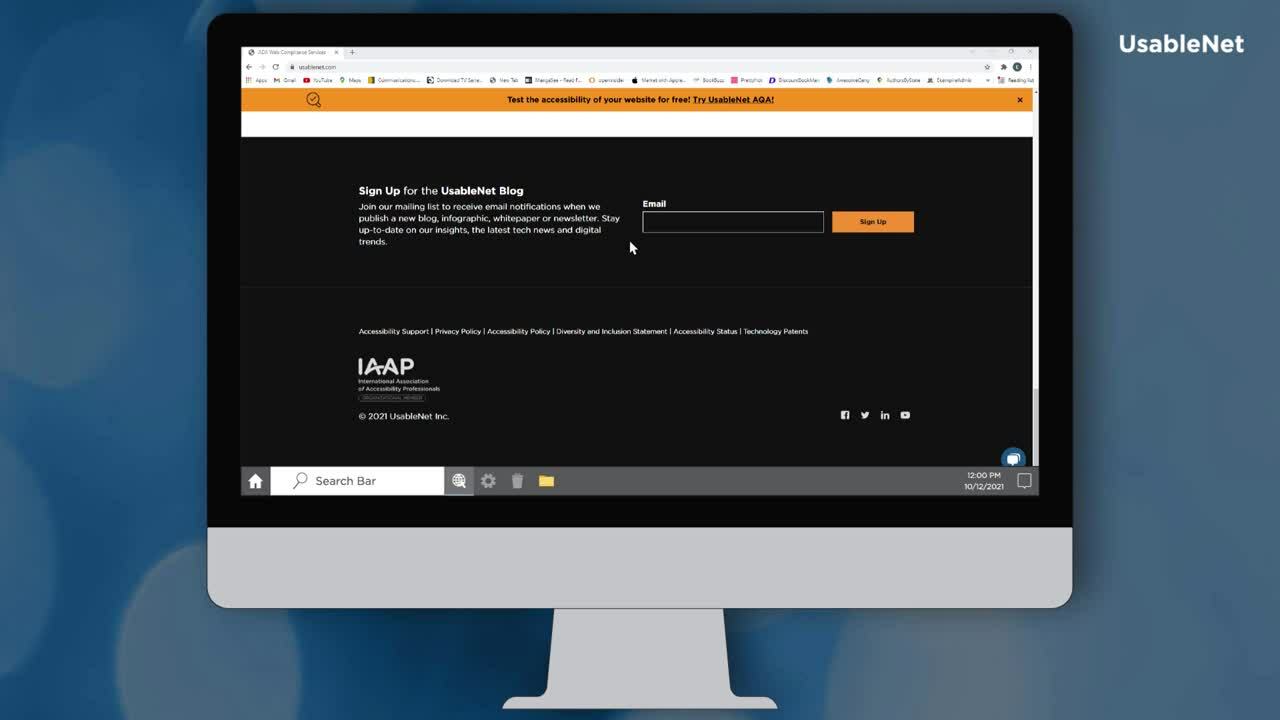With the holidays in full swing, companies can expect increased online traffic on their websites. Whether it is just browsing or the Cyber Monday influx, retailers need to make sure that their websites and mobile apps are able to handle the increased traffic. If one brand’s website does not offer a reliable shopping domain, a shopper simply switches to another similar brand’s website and sales can drastically decrease.
2016 Holiday Shopping Overview
While many were enjoying a Thanksgiving meal with family and friends, others were shopping on mobile apps around the table. On Thursday alone, fifty-three percent of sales totaling about $450 million were generated from mobile devices. While sales were high, traffic was even higher. Seventy percent of online traffic was from mobile devices while tablets accounted for eight percent. This shopping weekend experienced more people online than in stores compared to last year’s almost even figures. An estimated 110 million Americans were leisurely browsing online compared to the 99 million people who joined the store rush. Black Friday was the first to see mobile sales reach over a billion with $1.2 billion. Cyber Monday mobile sales reached $1.07 billion out of a total of $3.45 billion, which showed a steady increase from previous years.
The Success Stories
Despite Black Friday crashes in 2015, Target was able to stay strong this year. They offered the same deals online and in-store to ensure traffic was more dispersed between physical and virtual stores. As a result, they saw an amazing two-hundred percent sales increase through their mobile app. Target as well as Walmart, Kohl’s and J.C. Penney made online and mobile improvements to help facilitate sales. To keep up with competitors, Walmart offered select mobile app deals before Black Friday and for deals on home deliveries. As expected, Amazon experienced no problems and came out on top as the best virtual retailer with year-to-date sales reaching $80 billion. The websites that most efficiently performed under pressure were Neiman Marcus, Dell and Apple, taking only 1-2 seconds to load the pages.
Survived but Did Not Thrive
With millions of Americans shopping online this past Thanksgiving weekend, companies are trying to strengthen their digital presence against Amazon’s stable online dominance. Unfortunately, not all websites and mobile apps were capable of staying afloat in a flood of online traffic. Brands such as Macy’s, Old Navy and Lush notably suffered. Macy’s experienced delays and periodic lulls, as the site was occasionally down. By Monday, Macy’s was able to fix the problems and sent out apology e-mails to its shoppers during the glitches. Old Navy as well saw delays and crashes that redirected its customers to an error page resulting in lost cart items. Many shoppers took to social media to express their dissatisfaction with these brands. Other companies experienced small glitches such as slow page loading. The websites for Victoria’s Secret and Williams-Sonoma, for example, needed 25-30 seconds to load. On the other hand, Lush intentionally shut down its website for an hour on Friday to protest government-enforced Internet shutdowns.
Looking Ahead: Prepare by Testing Early
Companies need to learn from their online mistakes and take action to handle such holiday traffic in the future. Testing site performance periodically throughout the year and again heavily before the holiday season can ensure technical issues do not compromise sales. Online sales have been outpacing that of brick-and-mortar stores therefore effort should be put into digital check-ups. Stores would not allow shoppers to grace disarrayed store aisles therefore they have to think of their online presence in the same regard. Testing and website expansion on a more regular basis can also reveal small glitches that can be thwarted before larger problems prevail. Failing companies need to learn from their mistakes and leading brands need to not abandon the efforts to keep improving. Therefore, investing the money to test and expand websites can only help holiday sales from seeing an unexpected decline.
Consumers continue to have high expectations for their digital shopping experience; brands need to ensure they deliver the best user experience, especially during the holidays when time and money are at a premium.
Usablenet combines people and platform to provide robust, flexible and agile testing. See how we can support you for this holiday season here.

![2016 Holiday Shopping Weekend's Successes and Failures [Blog]](https://blog.usablenet.com/hubfs/281.jpg)


![UX Plus QA Equals Success [Blog]](https://blog.usablenet.com/hubfs/QA.jpg)
![How to Ask for Performance as a Requirement [Blog]](https://blog.usablenet.com/hubfs/Performance.jpg)


